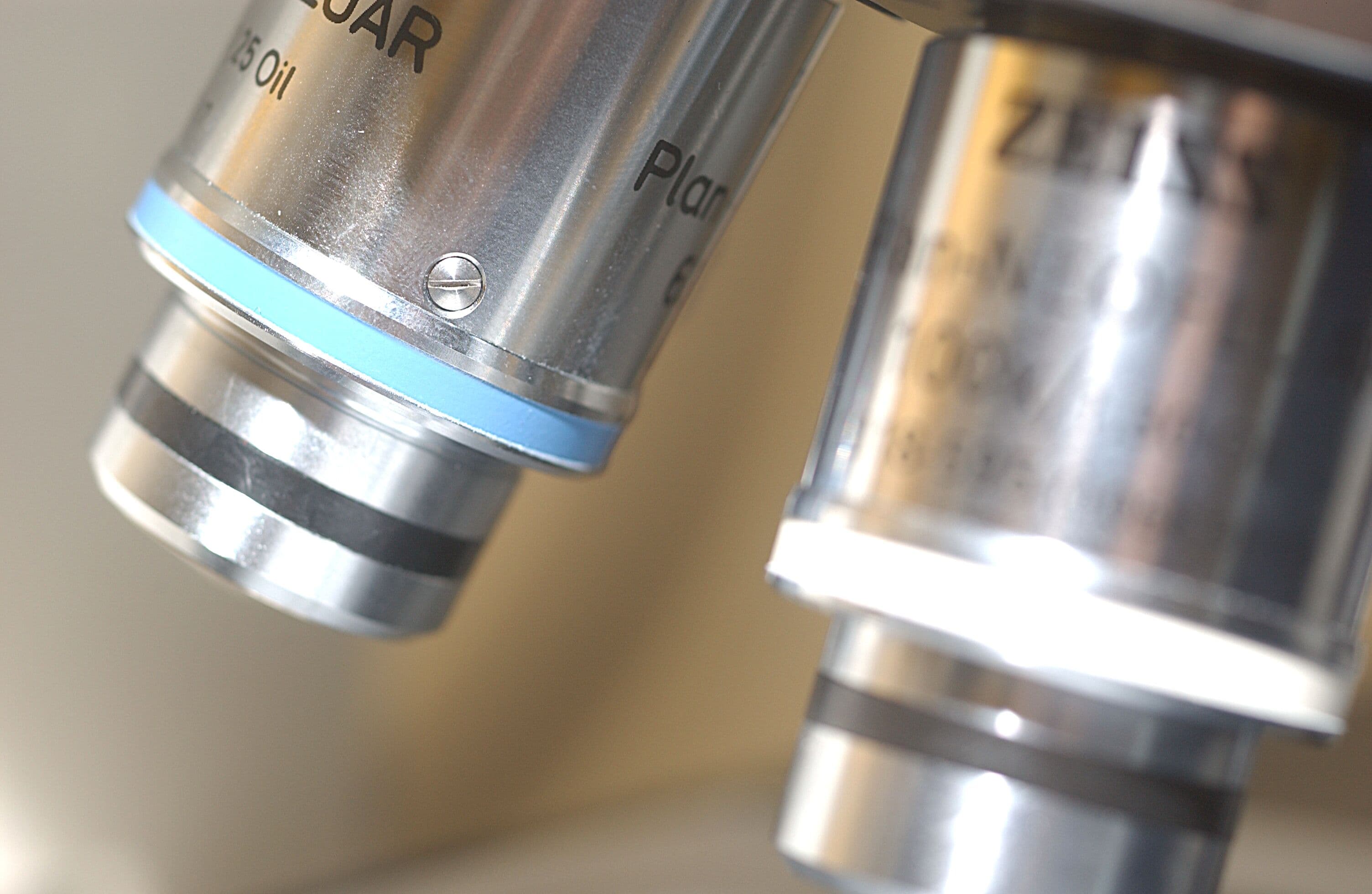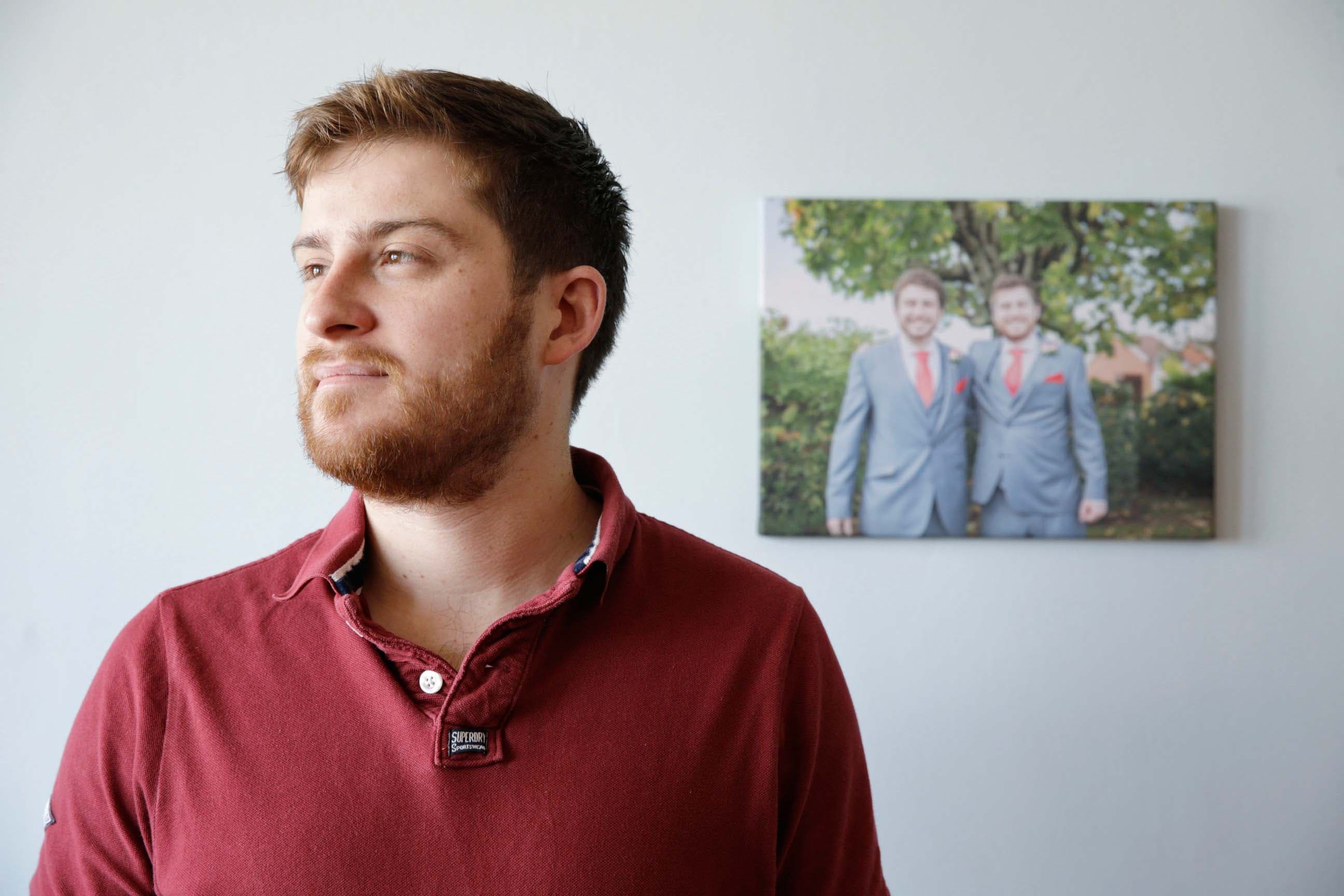
From uncovering the genetic mistakes behind cancer to investigating how the disease spreads, our researchers are working hard to find new ways to prevent, diagnose and treat cancer. Below are some examples of what our researchers are doing right now.
Dr Simona Parrinello in London researches how healthy nerve cells are made. Now, with Cancer Research UK funding, she is applying her expertise to brain tumours. In particular, she’s looking at glioblastoma which has cells that can develop like healthy brain cells. She hopes to shed light on how glioblastoma develops and spreads, and why sometimes treatment stops working.
Find out more about Dr Parrinello's work on our blog
Professor Owen Sansom is Director of our CRUK Scotland Institute (formerly the Beatson Institute) in Glasgow, where he is tracking the early changes that turn healthy bowel cells into cancer cells. His work is revealing how the disease develops, and could identify markers of the disease as well as ways to develop new treatments. As part of one of our winning Grand Challenge teams, he is also studying how bowel cancers get the energy they need to keep growing.
Read more about Professor Sansom's work
Professor Charles Swanton, Cancer Research UK’s Chief Clinician, is aiming to improve outcomes for people with lung cancer. He is running the TRACERx study, one of the largest ever genetic studies of lung cancer patients. This pioneering project aims to follow around 850 people with non-small-cell lung cancer to study how their cancers change over time and why sometimes, treatment stops working.
At the Cancer Research UK Scotland Institute in Glasgow, Dr Thomas MacVicar is investigating how the transport of molecules called metabolites in and out of mitochondria in pancreatic cancer cells help them to perform special reactions that allow them to survive and become resistant to treatment. By researching the role of these metabolites, we can identify new therapeutic targets for pancreatic cancer treatments.

Thanks to research, we’ve helped change the outlook for people with cancer.

Meet people like Dave who have experienced first-hand how our research is making a difference. The life-saving research we do wouldn’t be possible without your support.
Want to find more information about our research or cancer biology?